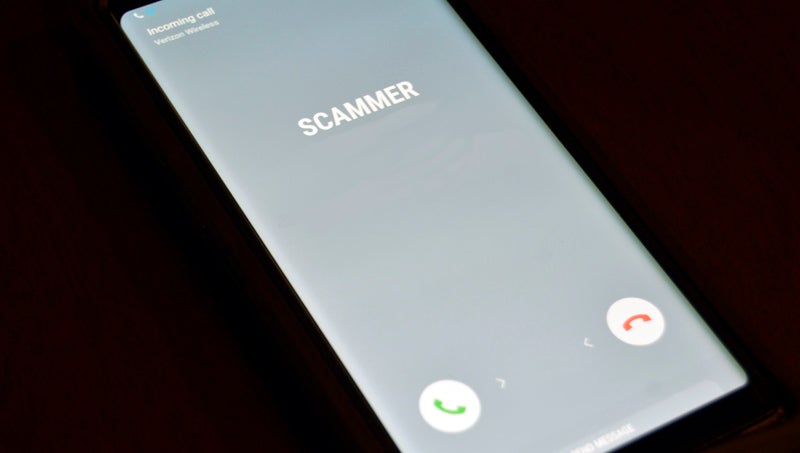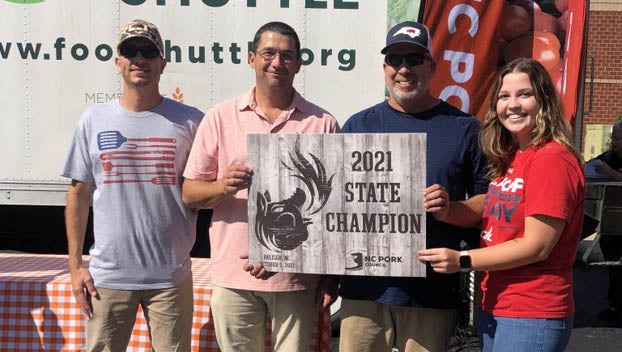It’s up to you to protect yourself
Published 8:06 pm Tuesday, December 10, 2019
Scam callers and con artists are nothing new. Since the beginning of 2019, there have been at least 12 stories in the Washington Daily News about scams and how to avoid falling prey to them.
Some were original stories by WDN reporters. Others were from sources such as the Associated Press or the Better Business Bureau. Others still were scam alerts submitted by readers, words of warning to help prevent others from falling prey to crooks.
Yet, no matter how many stories the WDN runs, no matter how many times law enforcement issues warnings, no matter how many times a person subscribes to the “Do Not Call” list, the calls keep coming.
“Your grandchild is in jail and we need Greendot money card card codes for them to be released.”
“You have won a fabulous vacation and a new Mercedes. Please send $500 to claim your prizes.”
“The IRS has issued a warrant for your arrest for unpaid taxes. Go to the nearest Walmart and buy gift cards or the sheriff’s office will kick in your door.”
“You have been overpaid on your Social Security. Please wire $900 to Tijuana, Mexico, at your earliest convenience.”
Threats, lies, too-good-to-be-true prizes — these thieves will use every trick in the book to part good, honest people from their money. They’re professional con artists, and they’re very good at selling a bogus story. In the heat of the moment, it’s not unreasonable to believe that a loved one really is in trouble or that a warrant really has been issued for your arrest.
The worst part is, there doesn’t seem to be much anybody can do about it.
In the North Carolina General Assembly, legislators voted on a bipartisan measure this year requiring telephone solicitors to use their real names, their real phone numbers and the real information of the business they are representing. A violation of the law carries a $5,000 fine.
Here’s the problem. Scammers, by definition, don’t follow the law. It’s also hard to figure out where the calls are coming from. Even making a police report to local law enforcement is unlikely to yield results, or help recover funds once transmitted to these criminals.
So, with federal, state and local authorities struggling to address the issue, it falls to the individual to protect him or herself. Treat unknown phone calls as you would a stranger in a dark alley. If you do answer, ask a lot of questions. If in doubt, hang up. Of course, there’s always the option to not answer the phone.
Whatever you do, please make yourself aware of these scams. Tell your friends about them. Beaufort County is home to a lot of good, hardworking people, none of whom deserve to be taken for a ride by some lowlife scammer. Ultimately, it’s up to each of us to make sure we don’t become the next victim.






